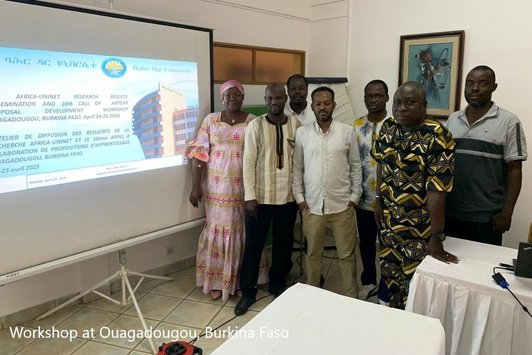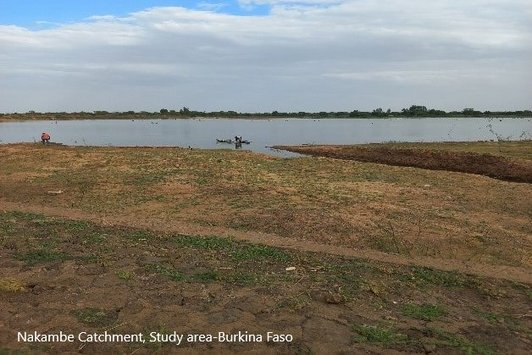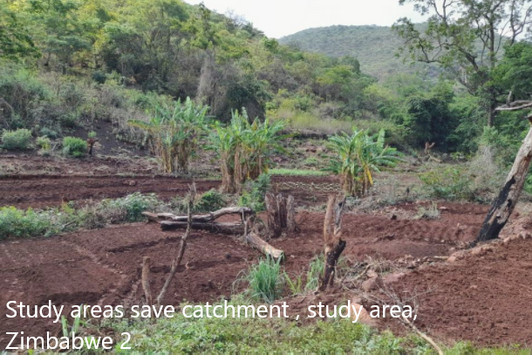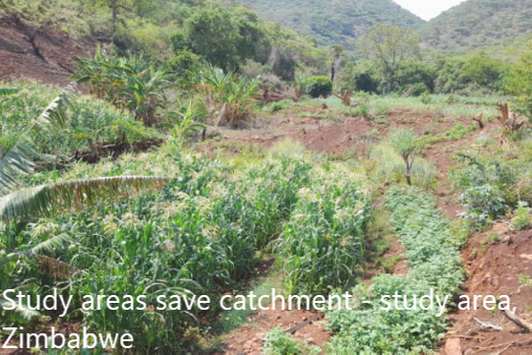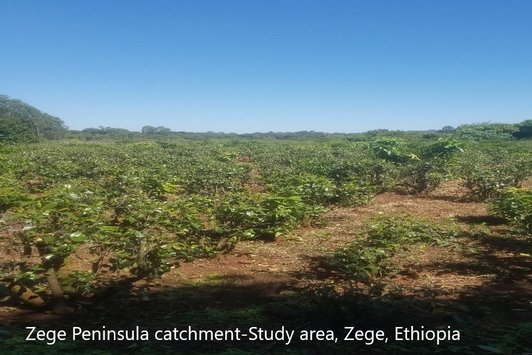
Project completed: P052_Ethiopia_Mozambique_Burkina Faso_Zimbabwe
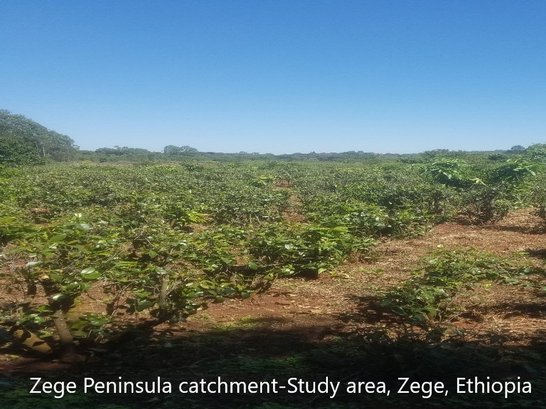
Gender-specific adaptive capacity on Climate Change and Food Security Status - A catchment approach on agro forestry systems
Cooperating countries: Ethiopia, Mozambique, Burkina Faso, Zimbabwe and Austria
Coordinating institution: Bahir Dar University (Ethiopia), Dr. Zerihun Yohannes Amare, zerihun.yohannes19@gmail.com
Partner institutions: University of Natural Resources and Life Sciences, Vienna (Austria), Scientific and Industrial Research and Development Centre (Zimbabwe), Universidade Zambeze (Mozambique), University of Ouahigouya (Burkina Faso)
Project duration: 1 May 2021 - 30 April 2022
Budget: EUR 25.000
Abstract:
This project serves for developing a sound strategy for effective watershed management at various catchments context, experience exchange and networking for further investment into international collaborative research and academic program development. SDG references: 1,2,5,13,17. Today climate change (CC) is one of the main challenges facing the world. CC affects agricultural livelihoods in multiple ways that are low productivity, health issues, increased labour to cover energy and water needs, food and nutrient insecurity. It is hypothesized that there are gender differences in the way people are affected and able to adapt to CC. As an intervention to cope with CC, we use agroforestry systems due to their high impact on CC adaptation and mitigation (CCAM), provision of multiple food and medicinal products, feed, fuel, construction wood and timber, and many ecological relevant functions, like stabilizing the land against land slide and erosion, positive impact on local (Micro-/meso-) climate, increasing water holding capacity and water regulation in a catchment and ground water level. However, the investment and management into crops and trees integration is critical for many reasons. Therefore, the overall objective is to unfold and make visible the multiple contributions of diverse / multipurpose shrub and tree alleys to cope with CC, land degradation, water, food and nutrition security, feed source for animals to close the protein gap, fuel source and other purposes, using a gender perspective. A catchment approach is argued that at least if activities are established in an agroecological and geographically defined region, they become ecologically and socioeconomically relevant and contribute to a serious change. The collaboration countries for thus project are; Ethiopia, Austria, Mozambique, Bukina Faso, and Zimbabwe.
